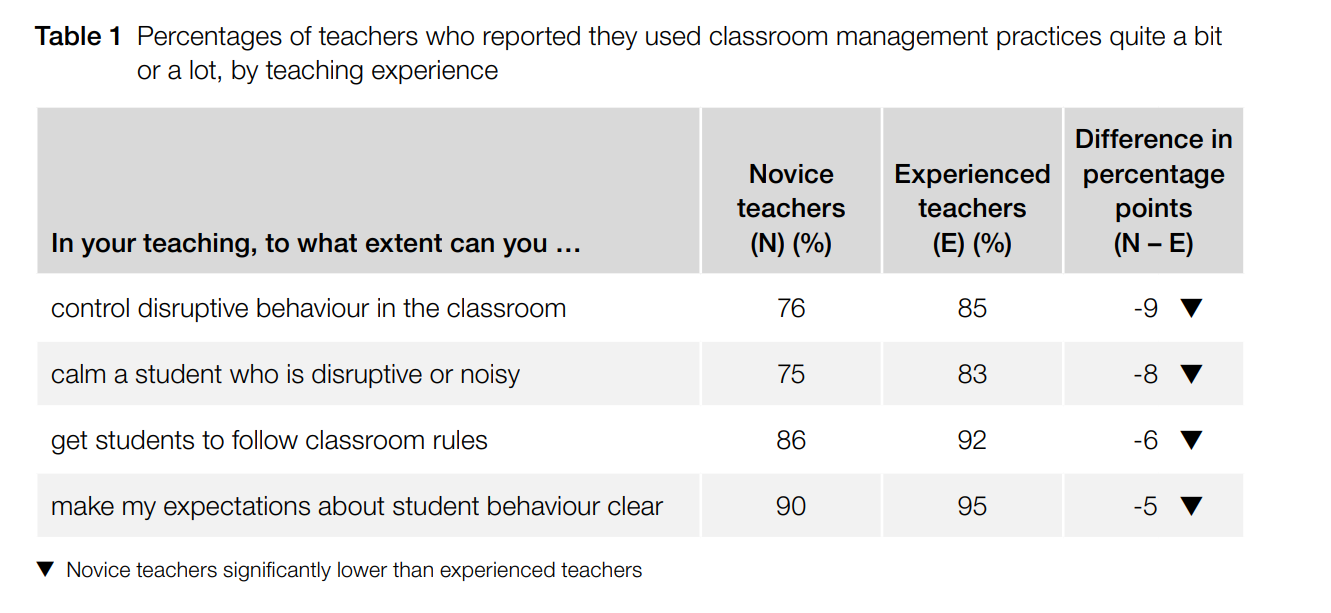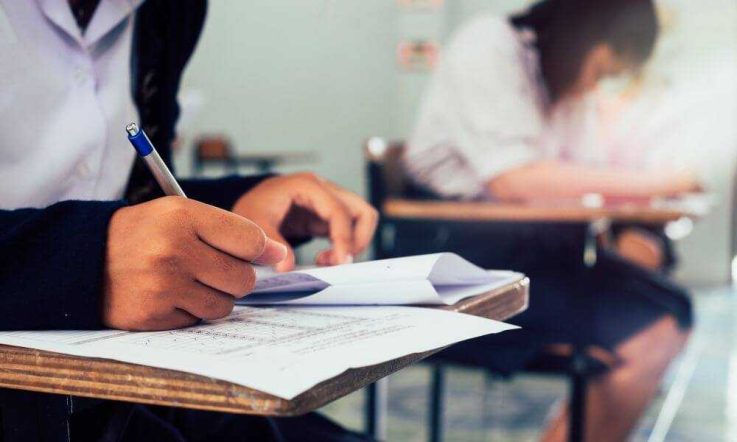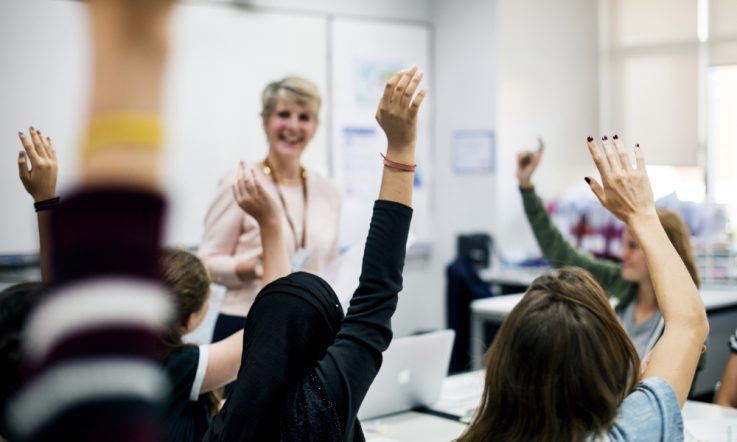As a teacher, how confident are you when it comes to classroom management? For example, do you feel able to calm a student who is being disruptive or noisy, or make your expectations on behaviour clear to the class?
A new report released today by the Australian Council for Educational Research (ACER) explores teacher self-efficacy in classroom management. It’s a great prompt for thinking about your own skills, practices and professional development needs, and if you have a leadership role, those of your team.
This latest issue of ACER’s Snapshots (Underwood, 2025) looks at teacher questionnaire data from the most recent OECD Programme for International Assessment (PISA). It examines self-efficacy in the classroom in relation to 3 competencies (classroom management, instruction and student engagement) and outlines differences in these competencies between novice teachers (less than 5 years’ experience) and experienced teachers (more than 5 years’ experience).
As discussed in a previous Teacher article, PISA 2022 data show Australian students reported a less favourable disciplinary climate than average across OECD countries. This can impact teaching and learning – Australian students who reported a more positive disciplinary climate scored 64 points higher in the PISA maths assessment compared to students with the least positive climate, (Broadley et al., 2024).
Snapshot insights
Writing in Snapshots, ACER Research Fellow Catherine Underwood explains teacher self-efficacy ‘refers to a teacher’s belief in their capability to help students learn, and to influence their activities, effort and persistence in the classroom’.
‘Teachers with high self-efficacy are confident in their ability to positively influence student learning; they display enthusiasm, commitment to teaching, positive expectations and a proactive teaching style while creating a supportive and engaging classroom environment,’ Underwood says.
‘In contrast, those with low self-efficacy avoid planning challenging activities, lack persistence with struggling students, invest little effort in sourcing materials, and do not modify their teaching methods to enhance student understanding.’
PISA is an international assessment measuring the knowledge and skills of 15-year-olds in mathematics, science and reading. Some teachers of these students, including those in Australian schools, were invited to complete a questionnaire to report about themselves and their teaching practices.
Teachers were asked to rate their self-efficacy in classroom management and to indicate the extent to which they used various classroom management practices. Here, novice teachers reported being significantly less confident than experienced teachers.

[Snapshots issue 21: Teacher experience and self-efficacy in the classroom, Underwood, 2025]
Teacher views on classroom management PD
When it comes to how novice and experienced teachers view the need for PD in classroom management and student behaviour, the differences are also significant. Almost half (48%) the novice teachers reported that they had a moderate-to-high need for PD in classroom management and student behaviour, compared to 15% of the experienced teachers.
The Snapshots report also provides insights into the current PD of these teachers. Novice teachers reported that on average, 53% of their PD in the last 12 months was dedicated to classroom management and teacher-student interaction, compared to 46% for experienced teachers.
To read more – including findings related to teacher confidence in their ability to maintain positive relations with students, and use of teaching practices and assessment strategies – download the full report, Snapshots issue 21: Teacher experience and self-efficacy in the classroom, from the ACER Research Repository.
References
Broadley, A., De Bortoli, L., & Underwood, C. (2024, May 21). Expert Q&A: PISA 2022 – the impact of school experiences on student performance. Teacher magazine. https://www.teachermagazine.com/au_en/articles/expert-q-a-pisa-2022-the-impact-of-school-experiences-on-student-performance
Underwood, C. (2025, May 13). Snapshots issue 21: Teacher experience and self-efficacy in the classroom. Snapshots. 21(21) https://research.acer.edu.au/snapshots/vol21/iss21/1/
As a school leader, how are you supporting new and existing staff in classroom management skills and practices? Do you seek their feedback on their professional development needs? How will this feedback inform future PD priorities?



